Assange: Google's dominant position should be broken up
Friday, 19.06.2015.
15:50

Assange: Google's dominant position should be broken up
Your remarks on Google, such as that it's a "geopolitical visionary of Washington", will come as a surprise to a majority of people and internet users, who all see Google as this inventive, "cool" company that cherishes liberal values. In fact, regular Internet users don't view Google as a "corporation" whatsoever, let alone an evil one. Have you managed to fathom the phenomenon of this duplicity, this "hypocrisy" of Google?Assange: In some ways the higher echelons of Google always seemed more distant and obscure to me than the halls of Washington. When my colleague told me the executive chairman of Google wanted to make an appointment with me I was intrigued that the mountain would come to Muhammad. But it was not until well after Schmidt and his entourage had gone that I came to understand who had really visited me.
One way of looking at Google is that it's just business. But, for an American internet services monopoly to ensure global market dominance, it cannot simply keep doing what it is doing, and let politics take care of itself. What's a megacorp to do? If it wants to straddle the world, it must become part of the original empire. Great part of Google's image is that it is "more than just a company", and it comes from the perception that it does not act like a big, bad corporation. It is luring people into its trap with gigabytes of "free storage", which gives perception that it is acting contrary to the corporate profit motive. Google is often perceived as an essentially philanthropic enterprise, pouring funding into "corporate responsibility" initiatives to produce "social change," exemplified by Google Ideas. But as Google Ideas shows, the company's "philanthropic" efforts bring it uncomfortably close to the imperial side of US influence.
Whether it is being just a company or "more than just a company," Google's geopolitical aspirations are firmly intertwined with the foreign-policy agenda of the world's largest superpower.
Therefore, it would be imperative that we solve the situation with Google's search and internet service monopoly, to break up its dominant position by regulators, and to do it before Hillary Clinton has an opportunity to become the President.
Your latest book is uncovering the details of a close political cooperation between Washington and Google. What does that cooperation look like, and was it there from the beginning, or has it started when Google became so strong? And what does the fact that Google is spending more on lobbying in Washington than all of military companies tell us about the other corporations from "Silicon Valley" and beyond? Is there a company that you feel can and will resist that siren song from Capitol?
Assange: Let's take the example of the 2016 US presidential elections. With its support to Hillary Clinton, Google will play a significant part in it, as the company that has close ties with the US Department of State, which Clinton previously headed. As I have explained in the book "When Google Met WikiLeaks", Google's relations with the US government date back to 2002. Many people who are currently working for Google, starting from Jared Cohen, the Director of Google Ideas or better say Google's "director of regime change", are closely linked to US foreign policy. It should be noted that their ties with Hillary Clinton are especially strong, as many of them have previously worked as her advisers or assistants. She's been building a financial reserve and an infrastructure to run for the Presidency for almost three years and she's even reposition the Clinton Global Initiative around this aim. Let me remind you that she was Secretary of State from 2009 to 2013, during which WikiLeaks released confidential cables showing she had approved the spying on foreign diplomats, United Nations officials, and U.S. allies.
And let me also remind you that Google took an active part in PRISM - a clandestine anti-terrorism mass electronic surveillance data mining program launched in 2007 by the US National Security Agency (NSA). You can look at a number of different interactions that have occurred and how those PRISM revelations came out. We have a very powerful corporation that has spread itself into most of the world and is collecting information from people, from their handsets, from their searches and so on, pooling it in the United States, making interconnections, very sophisticated interconnections between all that information-basically doing all the National Security Agency's job for it, erecting a central database, a rich central database. Even if you had the best person running it is a dangerous entity that is very similar to the National Security Agency, that can be coerced by the National Security Agency into opening up its archives. Compare the mission statements of Google and the NSA - the NSA, who literally say, 'We want to collect all private information, pool it, store it, sort it, index it, and exploit it.' Whereas Google says, 'We want to collect all private information, pool it, store it, sort it, and sell those profiles to advertisers.' Really, they're almost identical.
If you, at the same time, look at cases like Verizon, where we can see that there's been a number of interactions between Verizon and the National Security Agency, yes, Verizon did get FISA court orders to hand over all the call records on a continual basis to the National Security Agency via the FBI, but you can bet what actually happened was the head of Verizon, speaking at a sort of informal, social level with the National Security Agency, FBI, said, "Look, I really want to help you guys. I do. I want to help you. But I need to be protected. And therefore, you need to give me an instrument of force majeure, so I'm not sued by all the customers and shareholders if this thing comes out. Give me an instrument of force majeure. Give me some kind of thing from the FISA court, something like that, that I can cover myself, and then we let it go ahead."
Read the whole interview at the Nedeljnik website











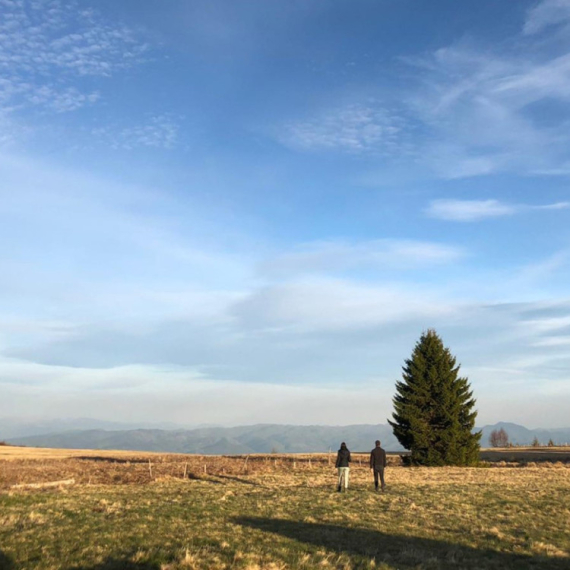

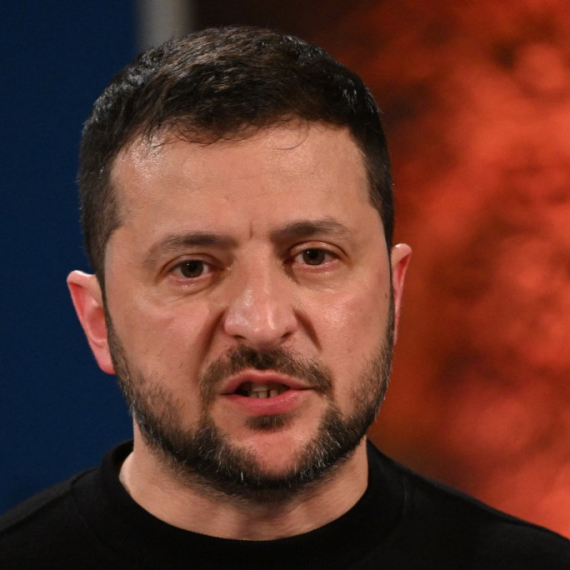



























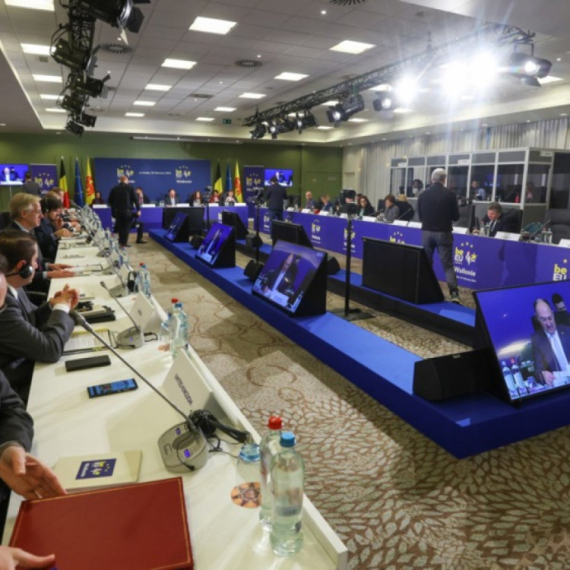




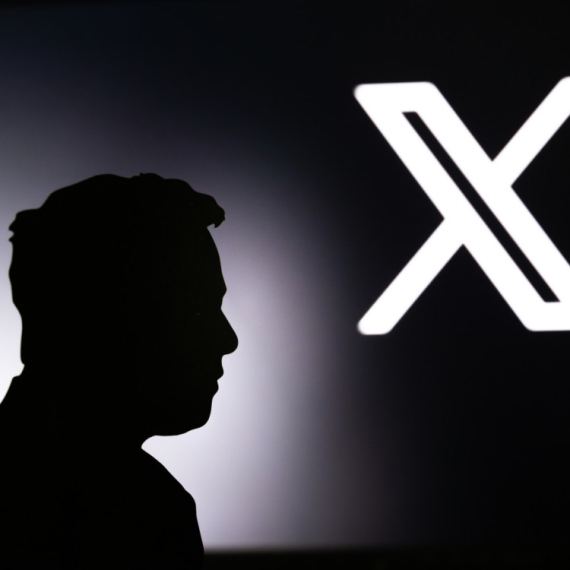












Komentari 6
Pogledaj komentare